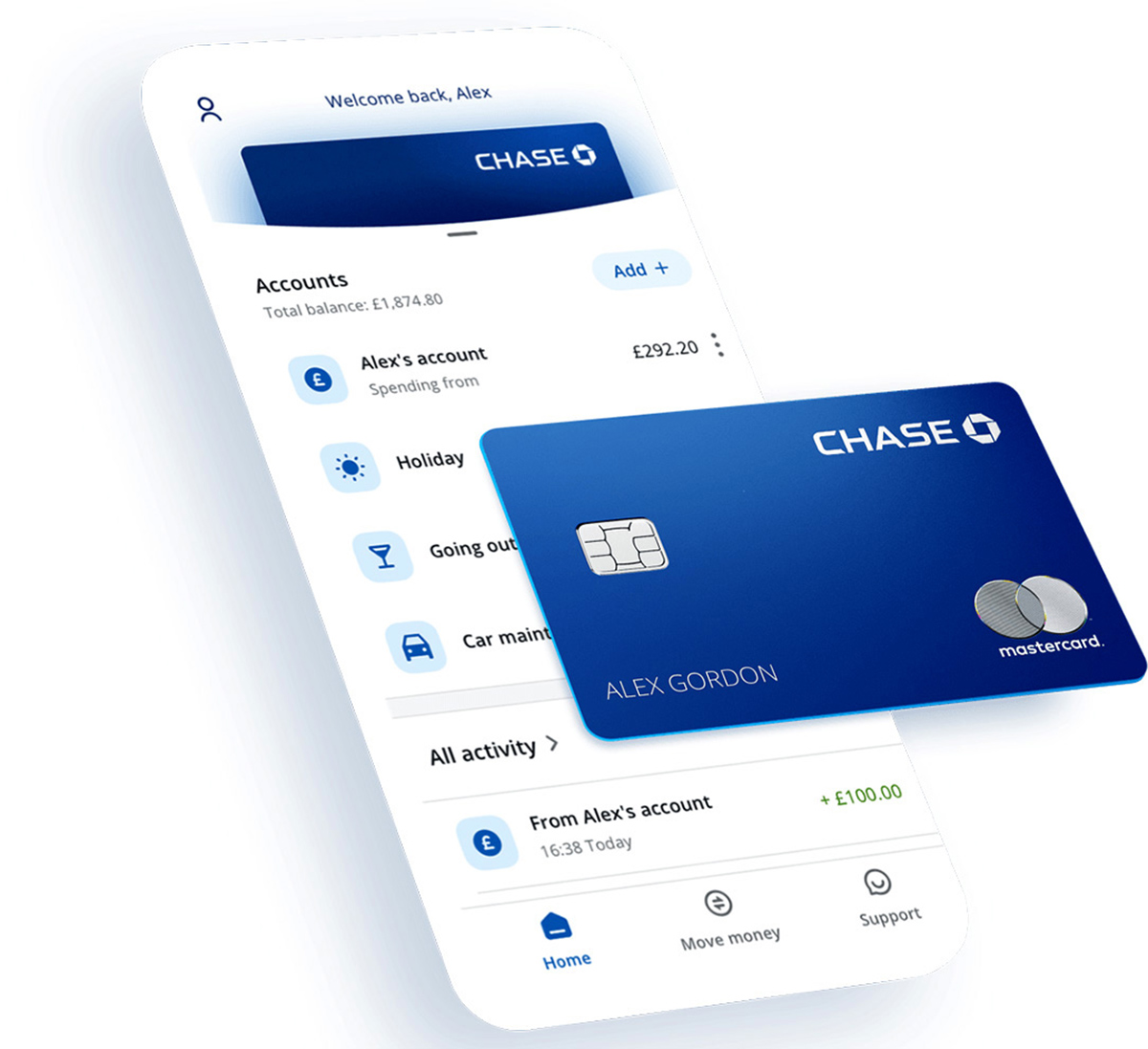

Finance
Computer Crime Insurance Definition
Published: October 31, 2023
Learn the definition of computer crime insurance and why it is crucial for finance industry. Protect your business from cyber threats and financial losses.
(Many of the links in this article redirect to a specific reviewed product. Your purchase of these products through affiliate links helps to generate commission for LiveWell, at no extra cost. Learn more)
Welcome to the World of Computer Crime Insurance
When it comes to the ever-evolving field of finance, one area that is gaining increasing attention is computer crime insurance. With the rise of technology and the increasing prevalence of cyber threats, it’s becoming more important for businesses to protect themselves against financial losses resulting from computer crimes. But what exactly is computer crime insurance, and how does it work? Let’s explore this exciting field and everything you need to know about it.
Key Takeaways:
- 1. Computer crime insurance provides coverage for financial losses resulting from cyber threats and attacks.
- 2. It helps businesses recover from a wide range of computer-related crimes, including data breaches, cyber extortion, and computer fraud.
What is Computer Crime Insurance?
Computer crime insurance, also known as cyber insurance or cyber liability insurance, is a type of insurance that provides coverage for financial losses resulting from cyber threats and attacks. It is designed to help businesses recover from a wide range of computer-related crimes, including data breaches, cyber extortion, and computer fraud.
With the increasing reliance on technology and the growing sophistication of cyber criminals, businesses are constantly at risk of becoming victims of cybercrime. A single data breach or cyber attack can have far-reaching consequences, including financial loss, reputational damage, and potential legal liabilities. Computer crime insurance offers a safeguard against these risks by providing financial protection and support when the unexpected occurs.
How Does Computer Crime Insurance Work?
Computer crime insurance works by providing coverage for a range of cyber incidents and associated financial losses. The coverage typically includes:
- Data breach expenses: This covers the costs associated with investigating and responding to a data breach, including legal fees, notification costs, and credit monitoring for affected individuals.
- Cyber extortion coverage: This protects against losses resulting from cyber extortion, such as ransomware attacks where hackers demand payment in exchange for returning stolen data or restoring access to compromised systems.
- Business interruption: This provides coverage for loss of income and additional expenses when a cyber incident disrupts normal business operations.
- Computer fraud: This covers losses resulting from fraudulent activities, such as online funds transfer fraud or social engineering scams.
- Reputation management: This helps businesses manage and repair their reputation following a cyber incident.
It’s important to note that computer crime insurance policies can vary in their coverage and exclusions, so it’s crucial to carefully review and understand the terms and conditions of the policy before making a purchase. Working with a knowledgeable insurance broker can help businesses assess their specific needs and find a policy that provides appropriate coverage.
In Conclusion
As businesses continue to rely on technology and face the increasing threat of cybercrime, computer crime insurance has become an essential tool for financial protection and risk management. It offers coverage for a range of cyber incidents, including data breaches, cyber extortion, and computer fraud, helping businesses recover from financial losses and protect their reputation. By understanding computer crime insurance and its benefits, businesses can take proactive steps to mitigate the risks and ensure their financial security in the digital age.














